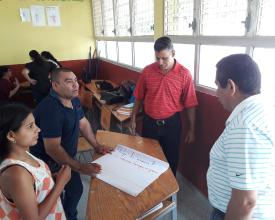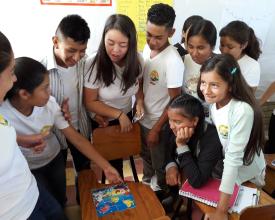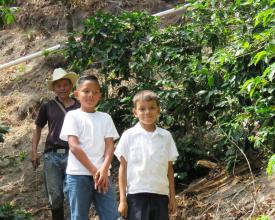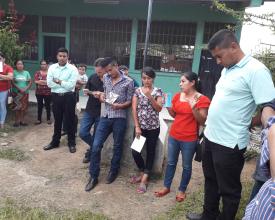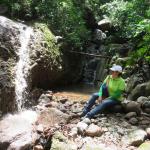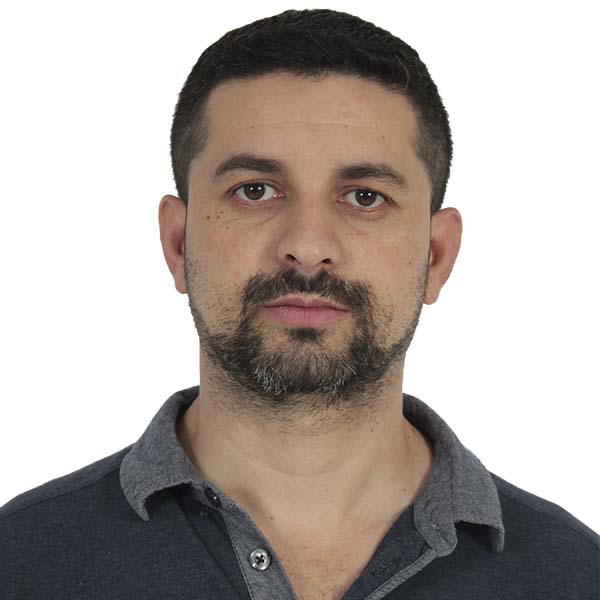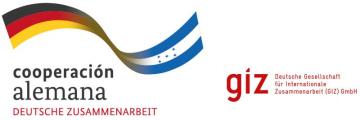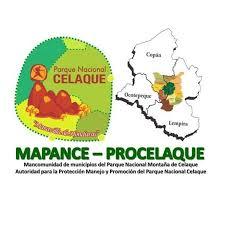
Educational Networks as platforms for environmental education
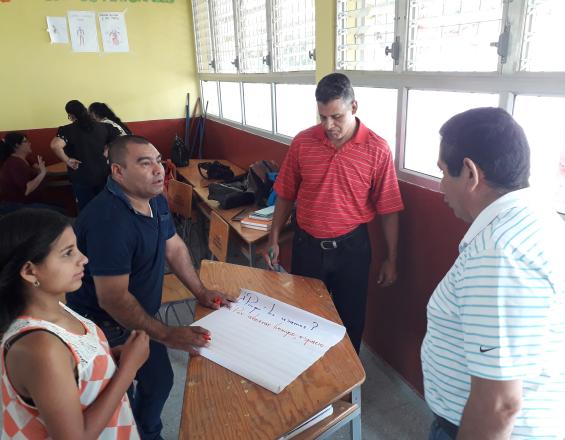
The impacts caused by anthropogenic activities in the three protected areas that make up the Cacique Lempira "Señor de las Montañas" Biosphere Reserve made it necessary to analyze environmental education methodologies that would have a multiplying effect among the student population and the communities surrounding each school. To carry out this process, we analyzed the possibility of doing it through the Educational Networks, in this way we were able to raise awareness and sensitize teachers about the importance of natural resources and these in turn, made a multiplier effect, not only within the classroom, but also through schools for parents.This environmental education methodology, implemented through the Educational Networks, could easily be replicated not only in other protected areas of the country, but also in other biosphere reserves nationwide.
Context
Challenges addressed
Location
Impacts
- 373 teachers from 15 educational networks were trained on topics such as the biosphere reserve, the importance of water, micro-watershed management, the role of education in the conservation of protected areas in Honduras, climate change, the importance of bees for ecosystems and life in the reserve, food security, methodological tools for transferring knowledge of conservation and environmental protection, and solid waste management,
- 7,898 students received the replication of two or three topics.
- 342 mothers and fathers received replication through the Schools for Parents on: solid waste management, the biosphere reserve, healthy snacks, and the importance of water.
- Strategic alliances were strengthened to carry out environmental education processes with civil society organizations such as the Puca Community Foundation, the Commonwealth of Municipalities of the Montaña de Celaque National Park - MAPANCE, the Secretary of Education, the UNESCO Honduras Commission, and the Francisco Morazán National Pedagogical University.

